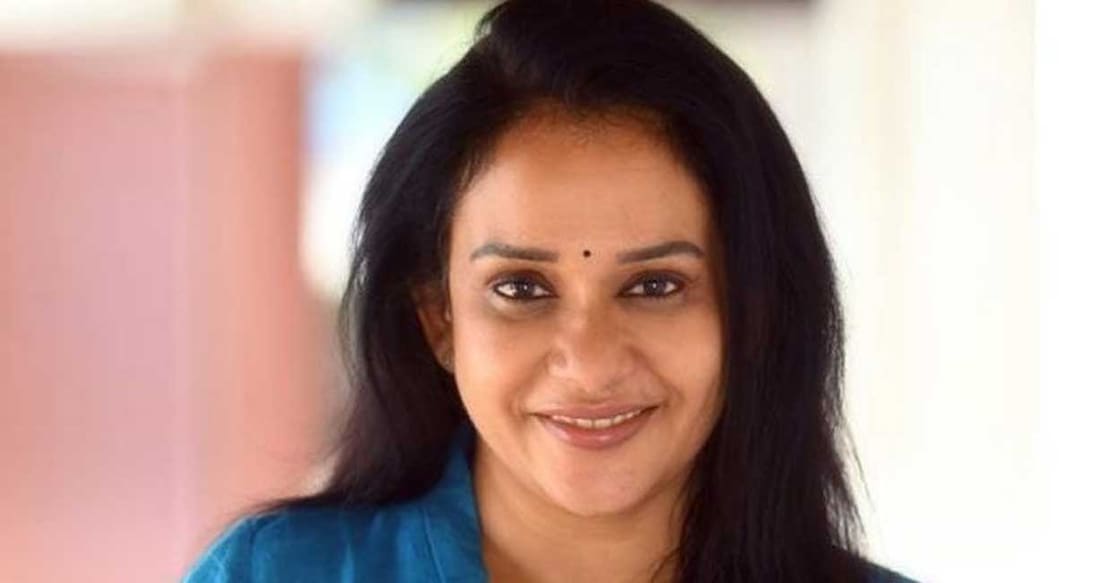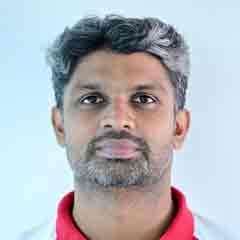Hema Committee report: Will Maala Parvathi's SC move make SIT probe redundant?

Mail This Article
With actor Maala Parvathi moving the Supreme Court to challenge the Kerala High Court's order to treat statements recorded by the Hema Committee as information and file cases, any adverse remark from the apex court could make the Special Investigation Team (SIT) constituted by the state government to probe sexual abuse allegations in Malayalam film industry redundant.
The SIT is already struggling to make headway in over 30 cases registered across the state following the publication of the Hema Committee report. Primary reason has been reluctance of witnesses/survivors to proceed with the case.
The SIT has filed FIRs based on statements furnished by Maala Parvathi (she consented to be named for this article) to the Hema Committee. These FIRs were related to a bad experience faced by Parvathi during a shoot in 2009 and another experience of an actress to which she was privy.
Parvathi was also asked about the prevalence of the casting couch in the industry by the Hema Committee. She gave three statements to a senior official of the SIT in Ernakulam. In her statements, she stated her unwillingness to proceed with the case and in another statement she conveyed the reluctance of an actress to get on with the probe.
It is learnt that cops reached out to a technician who had been present during the shoot of a movie in 2009 when Parvathi encountered a bad experience. This person reportedly had nothing to do with the incident but was questioned by the police, prompting the actor to move the court to quash the FIR.
She also told the police that the actress whose experience she had recounted before the Hema Committee strongly expressed her dissent on the inclusion of her name in the case and that she shall not be crucified.
The SIT filed a report in September before the High Court and informed that none of the witnesses who have given a statement before the committee are ready to cooperate and give a statement to the police to initiate criminal proceedings. The HC then reiterated that there cannot be any compulsion of the witnesses to give statement.
SIT has already suffered a setback in Siddique's case, with the SC granting him bail, although police kept claiming that they had plenty of evidence against him. In the order the SC said that the bail plea was granted considering the fact that the complainant had lodged the complaint almost eight years after the alleged incident, which had taken place in 2016 and the fact that she had also posted on Facebook somewhere in 2018, making allegations against about 14 people, including the appellant (Siddique) with regard to the alleged sexual abuse. The SC also noted that she had not gone to the Hema Committee to ventilate her grievance.
In the special leave petition filed in the SC, Parvathi also cites the time-gap factor. "The witnesses and victims, including the petitioner (Parvathi), have already made it clear that they do not wish for any action to be taken based on their statements and have expressly refused to cooperate with the SIT/police. Therefore, the statements provided to the committee 5-6 years ago cannot be treated as valid "information" for initiating criminal proceedings, particularly given that these statements were not reaffirmed or reiterated at this stage," she said in the petition.
When the state government faced criticism for not initiating legal action based on revelations in the Hema committee report, the Kerala government took a stand that it prioritised the protection of confidentiality of statements and that only if someone comes forward to file a case, action will be taken. However, later, the government formed an SIT as isolated complaints of abuse surfaced.
The open challenge by an actress who gave a statement to the Hema Committee has landed the SIT in a predicament in terms of collecting witness statements and gathering evidence to build a case. Maala Parvathi's petition, filed by Advocate Saiby Jose Kidangoor, also contests the HC's observation that statements to the committee reveal cognizable offences.
It says that the committee was set up to study and collect data, not to trigger criminal proceedings. As such, the statements made to the committee, being of an academic nature, cannot be considered as statements related to a cognizable offence, the petition notes.


